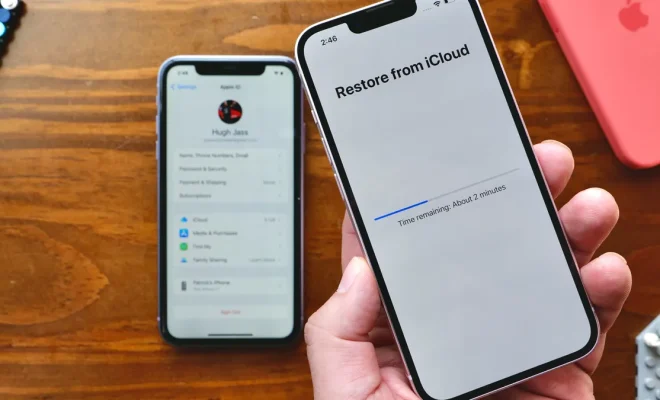Can You Have Two Auto Insurance Policies on One Car?

In today’s world, there are countless situations where people feel the need to have the maximum protection for their assets, including their cars. But, is it really possible to have two auto insurance policies for one car? The answer to this question is a bit more nuanced than a simple yes or no.
A car owner may wonder whether they can take out multiple insurance policies for a single vehicle in order to maximize coverage or receive double the payout in case of an accident. Let’s delve into the legality and feasibility of carrying two auto insurance policies on one car.
Legal perspective
From a legal standpoint, it is possible to insure one car with two policies. There is no law prohibiting an individual from purchasing multiple policies for a single vehicle. However, insurance companies often have their own rules that discourage or forbid the practice of holding two insurance policies on one car.
Insurance company regulations
Each insurance company has its own set of guidelines and requirements which policyholders must follow. In general, insurers discourage people from holding multiple policies on a single vehicle as it complicates claims processes and could potentially lead to fraudulent activities. Insurance providers also tend to limit coverage based on policy limits and proportionality – that is, spreading coverage across multiple policies without exceeding the actual value of the car.
Reasons people consider multiple policies
There are various reasons why someone might consider having two auto insurance policies for one car:
1. Different registered owners: If a car has co-owners with different addresses or if one person uses the vehicle for personal use while another uses it for business purposes, they may seek separate insurance policies to avoid complications.
2. High-risk drivers: High-risk drivers who may struggle to find affordable insurance are more likely to combine coverage from multiple providers in an attempt to reduce overall costs.
3. Separate coverage types: Some people may buy comprehensive coverage from one provider and then purchase specific coverage options (e.g., roadside assistance or glass replacement) from a different insurer.
4. Overlapping coverage periods: In some cases, individuals may purchase a new policy before the old one expires, unintentionally leading to dual coverage for a certain period.
Drawbacks of two auto insurance policies
While it seems like having multiple insurance policies on one car might be advantageous, it comes with several drawbacks:
1. Insurance providers require full disclosure regarding other policies.
2. Insurers will only pay out up to the actual car’s value, even if you’ve paid for two policies.
3. Claims processes can become more complicated and time-consuming when navigating multiple insurance providers.
Ultimately, having two auto insurance policies on one car is not generally worth the hassle or expense and is often discouraged by insurance companies. It’s better to invest time researching and comparing various providers to find the most comprehensive coverage at an affordable rate to ensure proper protection for your vehicle.






